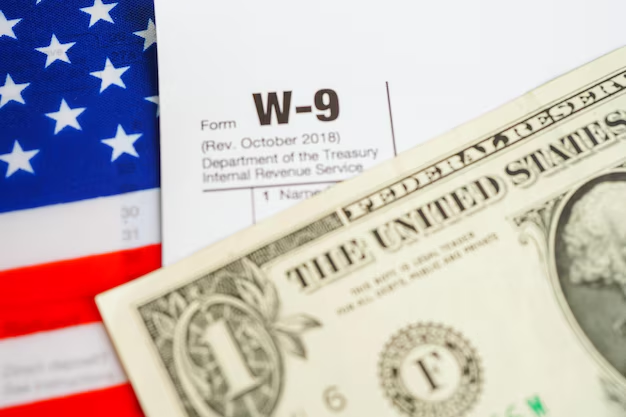Your Guide to Do Federal Employees Get Social Security
What You Get:
Free Guide
Free, helpful information about Social Security FAQ and related Do Federal Employees Get Social Security topics.
Helpful Information
Get clear and easy-to-understand details about Do Federal Employees Get Social Security topics and resources.
Personalized Offers
Answer a few optional questions to receive offers or information related to Social Security FAQ. The survey is optional and not required to access your free guide.
Do Federal Employees Receive Social Security Benefits? Here’s What You Need to Know
If you’ve ever found yourself wondering whether federal employees are eligible for Social Security benefits, you're not alone. The answer isn’t as simple as one might think, largely due to federal employment history and varying retirement systems.
Understanding Federal Retirement Systems
There are two primary retirement systems for federal employees: the Federal Employees Retirement System (FERS) and the Civil Service Retirement System (CSRS). The eligibility for Social Security benefits varies between these two systems.
FERS and Social Security Benefits
The majority of current federal employees fall under the FERS, established in 1987. If you’re a federal employee under FERS, you do contribute to Social Security and are eligible for benefits just like any other worker in the private sector. FERS is unique because it integrates Social Security with a federal pension and a Thrift Savings Plan (TSP), giving federal employees a comprehensive retirement strategy.
CSRS Employees and Social Security
On the other hand, federal employees who are part of the CSRS, mainly those hired before 1984, typically do not pay into Social Security. Instead, they have a more robust civil service pension. However, there are exceptions: if you’ve had non-federal employment where you paid into Social Security, or if you transitioned to FERS, you might still qualify for Social Security benefits. It's important to note that those eligible for both a civil service pension and Social Security may experience a reduction in benefits due to the Windfall Elimination Provision (WEP) or the Government Pension Offset (GPO).
Navigating Your Financial Future
While understanding Social Security eligibility is crucial, there's more to consider for a robust financial future. Federal employees, like all Americans, can benefit from an array of financial assistance programs and tools designed to enhance financial planning and security.
Government Aid Programs: Beyond retirement, federal employees might qualify for various government aid programs that offer financial assistance during different life stages, from education to housing support.
Debt Relief Options: Managing debt is a common challenge, but federal employees can take advantage of specific programs offering debt counseling and consolidation options to alleviate financial stress.
Credit Card Solutions: With a multitude of credit card solutions tailored for government employees, they can enjoy perks such as lower interest rates and exclusive rewards programs, helping to manage everyday expenses more effectively.
Educational Grants: Continuing education is another pathway to financial empowerment. Federal employees and their families often have access to special scholarships and grants, facilitating personal and professional growth without the burden of student loans.
Balancing Financial Security with Opportunity
A holistic approach to financial health encompasses retirement planning and an exploration of available benefits and opportunities. Regardless of where you stand in your career, taking steps to secure your financial future is paramount, given the evolving landscape of retirement benefits and policies.
📋 Financial Tools & Resources for Federal Employees:
- 💼 FERS Pension: Integrates with Social Security for a balanced retirement approach.
- 🏠 Housing Assistance: Programs for home buying and rental support.
- 💳 Government Credit Cards: Lower interest rates and unique rewards.
- 📚 Educational Grants: Scholarships for federal employees and their families.
- 💪 Debt Management: Access to counseling and consolidation solutions.
Exploring these options can enhance your financial strategy, ensuring a well-prepared and brighter future. Whether navigating retirement systems or seeking immediate financial aid, taking proactive steps today can yield substantial benefits tomorrow.
What You Get:
Free Social Security FAQ Guide
Free, helpful information about Do Federal Employees Get Social Security and related resources.

Helpful Information
Get clear, easy-to-understand details about Do Federal Employees Get Social Security topics.

Optional Personalized Offers
Answer a few optional questions to see offers or information related to Social Security FAQ. Participation is not required to get your free guide.


Discover More
- a Social Security Card
- Are People On Social Security Getting $250
- Are Social Security Benefits Taxable
- Are Social Security Benefits Taxable Income
- Are Social Security Benefits Taxed
- Are Social Security Checks Late This Month
- Are Social Security Disability Benefits Taxable
- Are Social Security Earnings Taxable
- Are Social Security Numbers Recycled
- Are Social Security Numbers Reused
